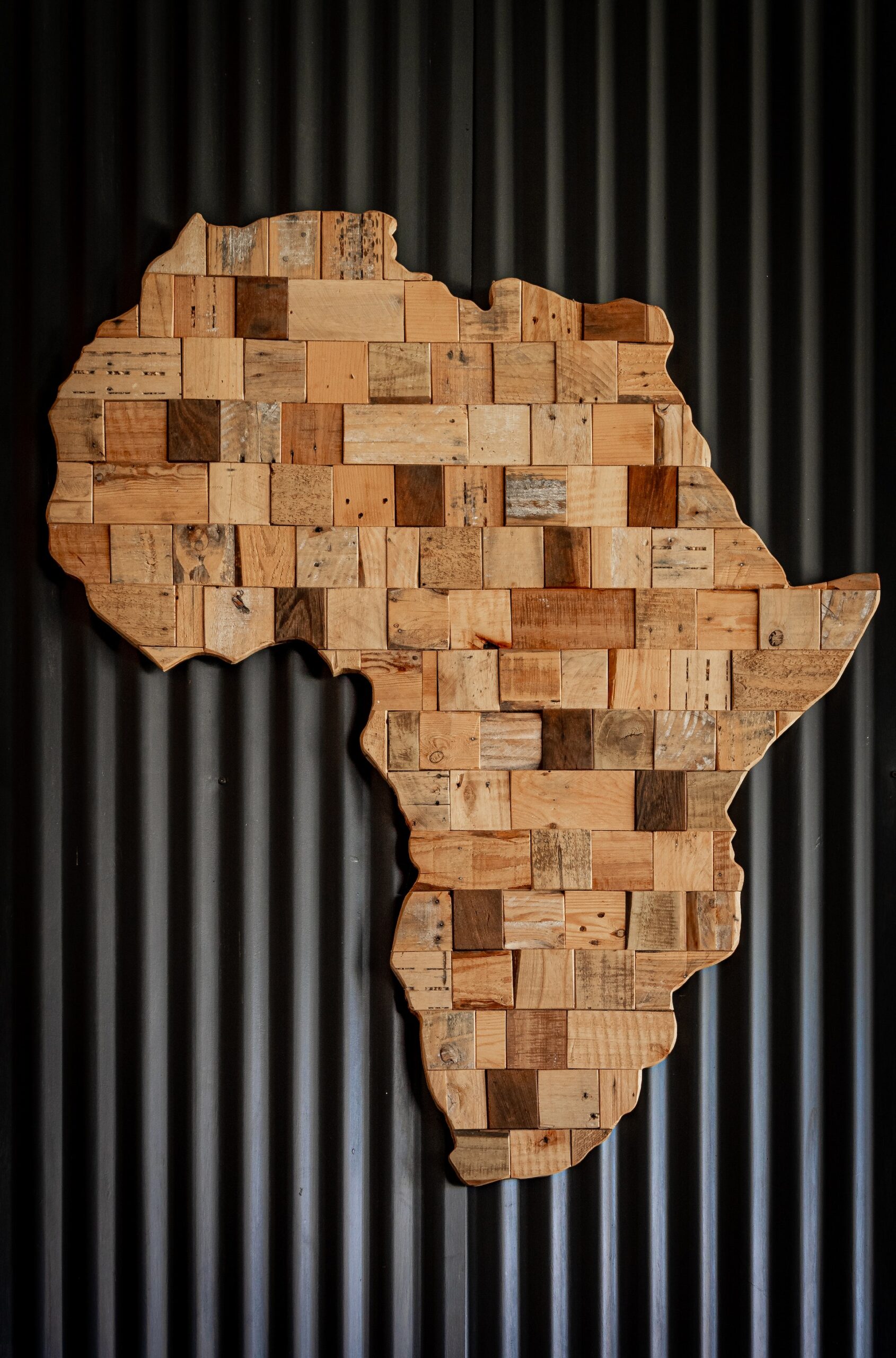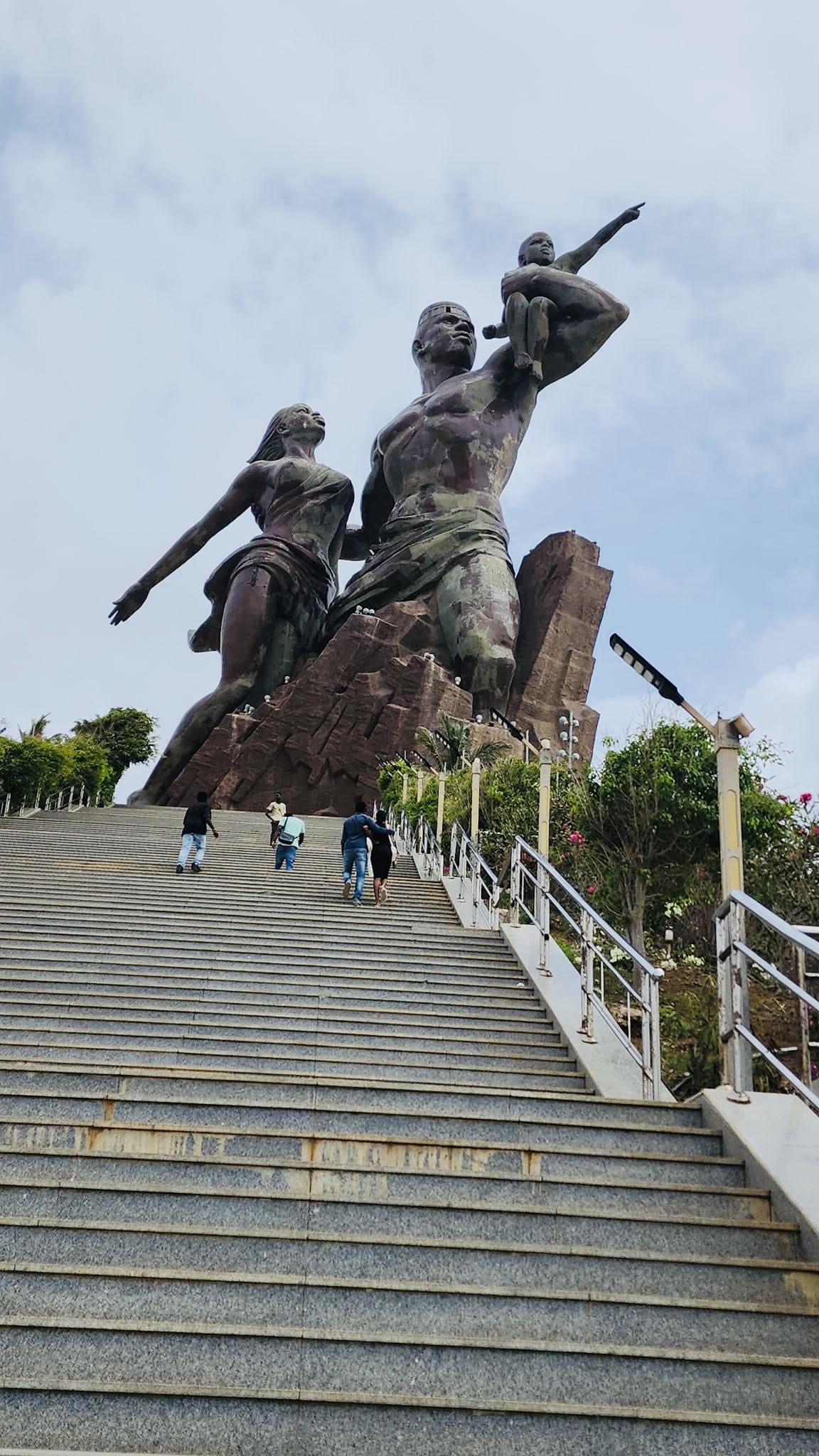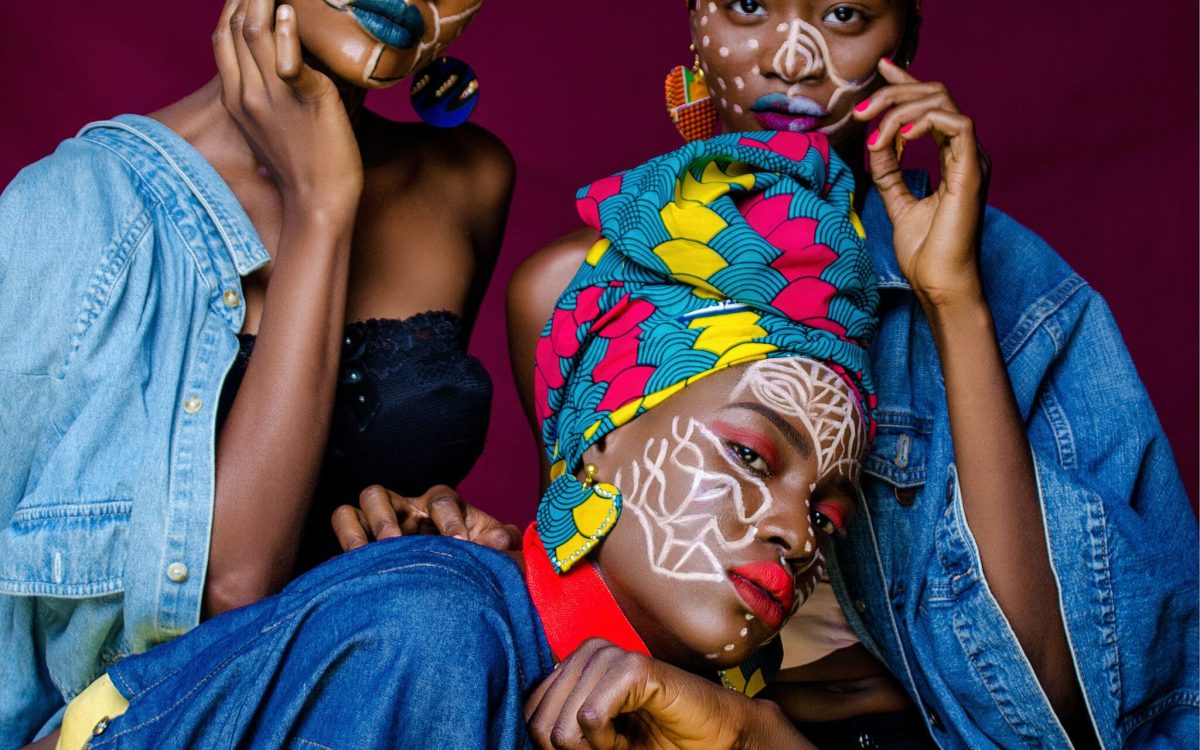The earlier African intellectuals that first made the very experience of seeing their culture, tradition, and custom undergo mutation never hesitated to frown at the rapid transformation and transmutation of African society. They were the first to oversee the danger and prospect of cultural hybrids in a constantly evolving world. Though many of them aired their views, only those that immortalized theirs in the new technique they had come to embrace [Novels] remain the archetype and model of reference in matters of this nature.
Among the few ones that come to my mind is Gondia Cisse. In his book, Afrique de mes pères, Gonda recounts the old and sweet memory of what he heard his father and the elders of his village say about their village. He also recounts the mysteries that made its cosmos. A story of how nature and culture related in his small village near Dakar in Senegal. He tells his story with mixed feelings, showing the positive and negative impacts that development and globalization have made on the nature and quality of the relationship between men and the spirit of his fathers. Another such writer, to mention but few, is Camara Laye in his book L’Enfant noir (the Dark Child). Laye sees the incompatibility between what he knew as values and what he is forced to live by his social status after his studies.
 In fact, the key to understanding most of these earlier African writers is accepting that every developing society must fight to maintain its identity as a people. But the only problem is how to keep what is valuable and necessary, and how to fathom what is worth keeping and what must be changed. Even though this concern remains a universal issue, Africa as a continent remains one of the most vulnerable areas of the world exposed to its devastating effects. Her vulnerability is, due to the diversity of her culture, tradition, and people. A continent made up of thousands of different cultures, traditions, and customs.
In fact, the key to understanding most of these earlier African writers is accepting that every developing society must fight to maintain its identity as a people. But the only problem is how to keep what is valuable and necessary, and how to fathom what is worth keeping and what must be changed. Even though this concern remains a universal issue, Africa as a continent remains one of the most vulnerable areas of the world exposed to its devastating effects. Her vulnerability is, due to the diversity of her culture, tradition, and people. A continent made up of thousands of different cultures, traditions, and customs.
But in the continent’s diversity, the people sometimes did not understand each other in their languages. They sometimes did not have the same Customs and Tradition they had, more or less the same way of evaluating circumstances. Though they disagreed many times on different issues, they always found a way out by dispersion or pact-making. In fact, the Continent was more respectful and liveable in the past than what we know today.
Nevertheless, without wanting to negate the progress made so far on the Continent, one might still think there are more problems in Africa than before. While conservatives might deem this backwardness, the progressivist might estimate it a natural phenomenon that accompanies any developing Continent. As for me, neither of the two opinions is ours. This write-up aims not to pass judgment on the development of the Continent (for I am not competent to do so) but to share my view and dreams.
While maintaining that religion and Western civilization have seriously helped the African continent grow positively, I am tempted to think they have also negatively influenced African traditional values. There is no need to fill these pages with either of the examples (positive and negative influences), for we all know them, but I must highlight one serious reality: No one unless one wants to close his eyes on the very issues of our continent, can disagree the fact that many positive values that made Africa a patria have been thrown away. We hear, here and there, that old women are raped, young children mutilated, cities bombed and so on.
Should we talk of the present and modern slavery in Africa or the newly organized Colonization of our dear Continent? Who ignores the movement of neocolonialism on the continent, going from the Rwandan Genocide, Congo gold alimented war, through the Sierra Leonese diamond war? Who ignores the most recent democratic configuration in Cotes d’Ivoire or the battle for Libyan Mineral control? In fact, the list is inexhaustible. Surely, that’s not the Africa of our dream.
 The Africa of our dream is neither an Africa of modern days institutionalized, and Western sustained dynasty nor self-proclaimed life presidency; neither an Africa of Western instituted puppets nor an African of traditional resistant leaders; it is neither an Africa of stolen Presidency nor of inherited government, it is rather an Africa of value, Africa of integrity, authenticity, independence, liberty, and freedom. An Africa who knows how and when to say NO; an Africa who knows the value of human life, who loves progress but maintains the value of her Tradition. Not an Africa of excessive religiosity and fanaticism but an Africa of spirituality and morality. I dream of a humanitarian Africa, where Love has meaning, no one dies of hunger and thirst, and the religious crisis has no place. An Africa where the love of the Patria, of humanity and of nature is like a religious obligation. I am dreaming of Africa where the memory of Lumumba, Thomas Sankara, Ken Saro Wiwa, Kwame Nkrumah, Mongo Beti, Mandela and many other African leaders and fathers are re-evoked and respected. We dream of an Africa where knowledge is power, an Africa where independent countries enjoy their sovereignty and where there exists freedom of speech.
The Africa of our dream is neither an Africa of modern days institutionalized, and Western sustained dynasty nor self-proclaimed life presidency; neither an Africa of Western instituted puppets nor an African of traditional resistant leaders; it is neither an Africa of stolen Presidency nor of inherited government, it is rather an Africa of value, Africa of integrity, authenticity, independence, liberty, and freedom. An Africa who knows how and when to say NO; an Africa who knows the value of human life, who loves progress but maintains the value of her Tradition. Not an Africa of excessive religiosity and fanaticism but an Africa of spirituality and morality. I dream of a humanitarian Africa, where Love has meaning, no one dies of hunger and thirst, and the religious crisis has no place. An Africa where the love of the Patria, of humanity and of nature is like a religious obligation. I am dreaming of Africa where the memory of Lumumba, Thomas Sankara, Ken Saro Wiwa, Kwame Nkrumah, Mongo Beti, Mandela and many other African leaders and fathers are re-evoked and respected. We dream of an Africa where knowledge is power, an Africa where independent countries enjoy their sovereignty and where there exists freedom of speech.
An Africa that tells the International Monitory Fund that we have an economic plan that has to be respected, that informs the world that we have a say in the climatic condition dialogue. And that notifies China that we need our lost satellite replaced; that’s my Africa. That’s the Africa of my dream, a Charismatic and revolutionary Africa. And as Dom Helder Camara said: “When one person dreams, it is a dream. But when we dream together, it is no longer a dream but the beginning of reality.” The reason I call upon all the Children of Africa to dream dreams. Let your night be full of dreams; let it look like fantasy today but be assured it will not remain permanent, for our situation must come to pass. All we need is focused and goal-oriented Africans, visionaries and intelligent citizens. Whenever we arrive at this point, we will be able to sing like Efe Benjamin:
Africa of my dream by Efe Benjamin, Niger Delta, Nigeria
Africa, my Africa of my dream
Here is where I want to be
Here, I have always been
At my end, here is where I will sleep
Twenty years is a long time to be
Away from home
But I am still here, my one home
My Africa, my Africa of my dream
Many are leaving, leaving for America
As for me, here is where I want to be
My Africa is my America
We are working towards it, a better Africa, a great Africa!
This is Africa of my dream
My Africa is my America!






